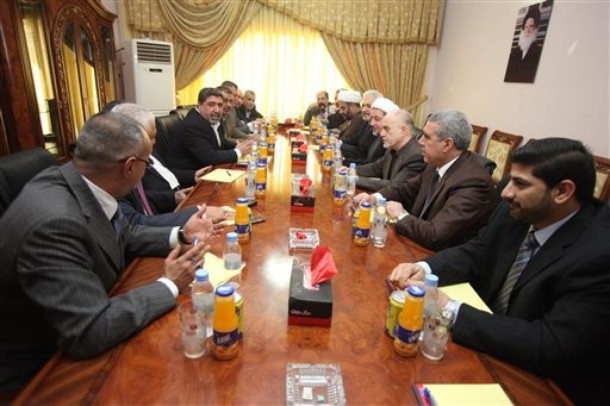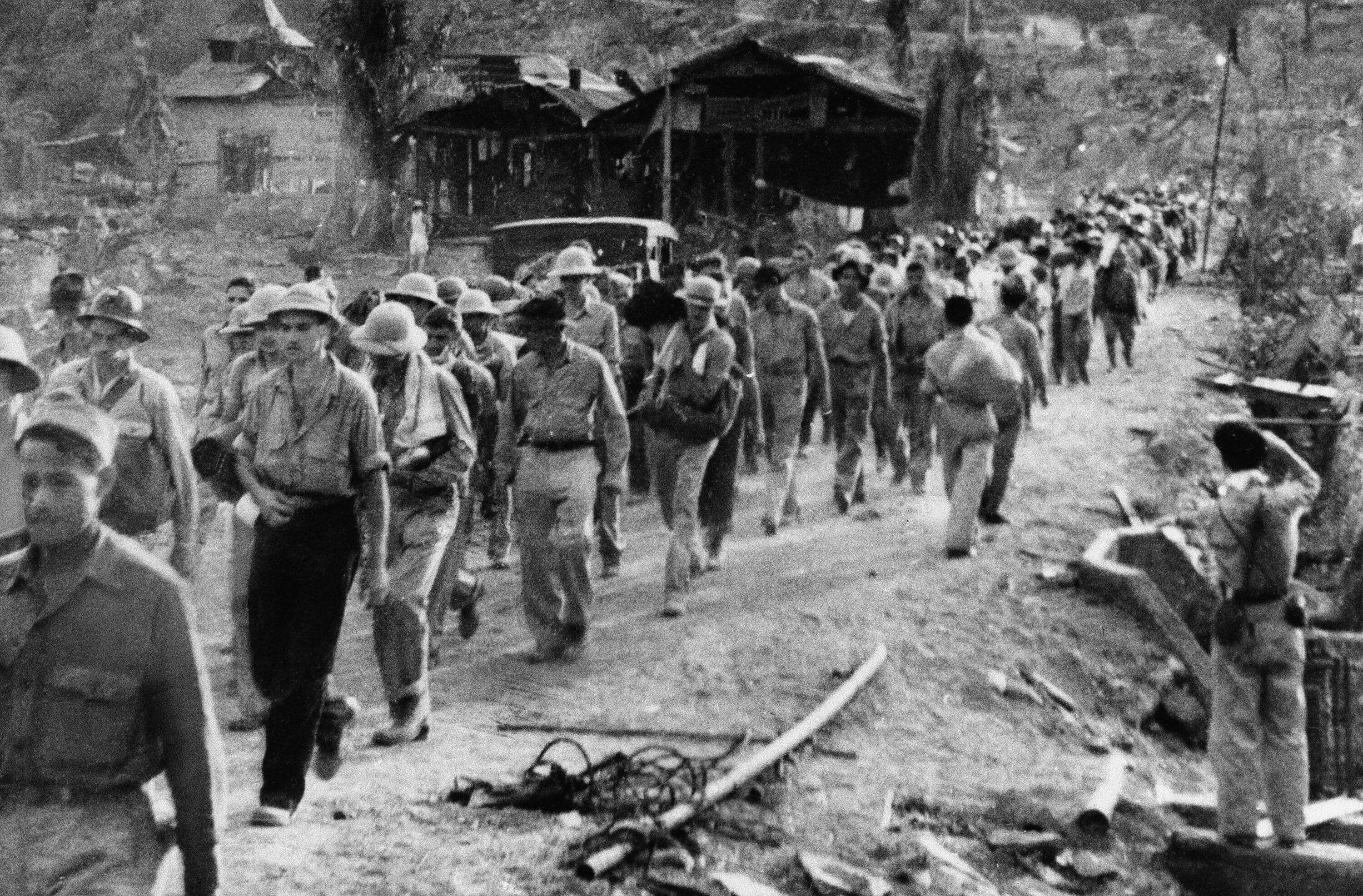
Abe Greenwald is unhappy with the new Iraq government:
Let us not tragically lose sight of the following: This is not even close to the inevitable outcome of Iraqi elections. In the March election, the moderate Iraqiya alliance enjoyed a modest victory. What followed was parliamentary horse-trading Middle East style. Now the moderates are being sidelined.Washington is far from blameless. In Barack Obamaâ??s eagerness to â??responsiblyâ? hand over full sovereignty to Iraq and close the curtain on the Bush years, he has very nearly abandoned the fledgling Mesopotamian democracy to the depredations of regional thugs and radicals. Surely, the Kurds, upon whom the solidification of the next Iraqi government may rest, would be less inclined to submit to extremists out of self preservation if they were reassured of Americaâ??s continued support. In no sane reckoning, should the U.S. be done with Iraqâ??s political future. Americans gave their lives to turn a murderous dictatorship into a struggling democracy. Many Iraqis also gave their lives in service of the same. We still have more leverage there than do any of Iraqâ??s neighbors; yet, the administration is loath to use it.
Where are the critics of the war who told us that mere elections do not ensure democracy? Is it not time they spoke up to demand closer American stewardship of Baghdadâ??s parliamentary progress and the Kurdish aspiration.
There is a very fine line to walk between intervening in another country's political process to ensure a fair outcome based on established laws, and meddling to engineer a win for your side. Greenwald is somewhat ambiguous about whether the "stewardship" he advocates is the former or latter but after reading Michael Hana's analysis, I'm not even sure it's possible:
The torturous course of this process also should lay to rest the notion of a supine Iraq subject to the predatory designs of its neighbors. Iraq is a weak country and will be for years to come; this inevitably will attract unwanted and meddlesome attention from the region and beyond. While Iran has reaped immense strategic gains from the overthrow of its primary nemesis and its replacement by a friendly government, cheap talk of grand Iranian designs and a defenseless Iraqi puppet no longer should be understood as anything more than political agitprop in connection with the larger and unfolding regional and global conflict over Iran. The variable, and at times conflicting, outside agendas brought to bear on the Iraqis never were able to dictate the course of the government formation process. It should be clear at this juncture that the wishes of its neighbors and other interested parties, primarily the United States, will not be determinative of Iraqi outcomes. While the eventual U.S.-Iranian-Syrian convergence on Maliki's return boasted his stock and eased his path to nomination, regional actors and the United States responded to Iraqi cues throughout this ongoing process. As such, while outside support will play an important role in shaping outcomes and amplifying existing trends, it will not do so in a fashion that contradicts the core perceived interests of Iraqi actors.











